Leaders, are you leveraging the strengths of your employees correctly?
In the Brij the Gap 4 Week program, we create a group environment to hear transparent feedback from the employees of the organizations we partner with. When discussing building their professional brands through identifying and scaling their strengths, I often ask them, “do you feel your manager effectively leverages the strengths you most identify with when pulling you into projects and team initiatives?” An overwhelming response to this question almost every time is “no.” The reason this may be is because leaders are confusing competencies with strengths.
When I worked at Google as a Project Manager in Sales, I had proven that I was good at event planning through coordinating a few client events for the sales team. My manager at the time took notice and tasked me with planning two of Google’s largest industry events. Sure, I was organized and could successfully plan the various considerations one takes when throwing a small to medium size event, but there was one problem: I hated it. Event planning was depleting, and the thought of single handedly planning two of the largest events for Google’s biggest clients overwhelmed me with stress. So much so, that it hindered me from performing well in my other responsibilities, and it showed. As a woman of color, I struggled with voicing my opinions and concerns to leaders. “Suck it up and get the job done or they’ll think you’re wrong for the job” echoed in my head. Luckily, a peer who was senior to me suggested to my manager that Google should hire an event planning agency to manage these events, especially given the caliber they were aiming for. I was so glad he stepped in! The burden was lifted, I was able to manage my other important responsibilities more effectively and the events were so much more grand than I could have planned alone which made me happy for our clients and sales team.
Leaders, in plain terms, just because your direct reports have certain strengths, does not mean they are energized by them. These areas are their competencies, or, a combination of skills, knowledge and behaviors that your employees are good at, but do not necessarily enjoy. Strengths are areas employees are good at which gives them energy, passion and enthusiasm as they work towards the goal or task.
When evaluating the areas your employees perform well in, it’s important to understand if their competencies bring out enthusiasm and enjoyment. Nobody wants to own projects and work that feels depleting, despite their ability to complete the task well. Here are some simple questions you can ask your employees before assigning work and projects to them:
- What brings you the most energy and enthusiasm?
- What’s working best in your role?
- Which of your strengths makes you feel the best?
- Which of your strengths feel depleting or stressful?
Not only will these questions give you the guidance as a leader to help your direct reports feel passion and excitement in their work, they will also appreciate being included in decisions around work responsibilities instead of being told, which will foster more collaborative relationships between you and your team.

